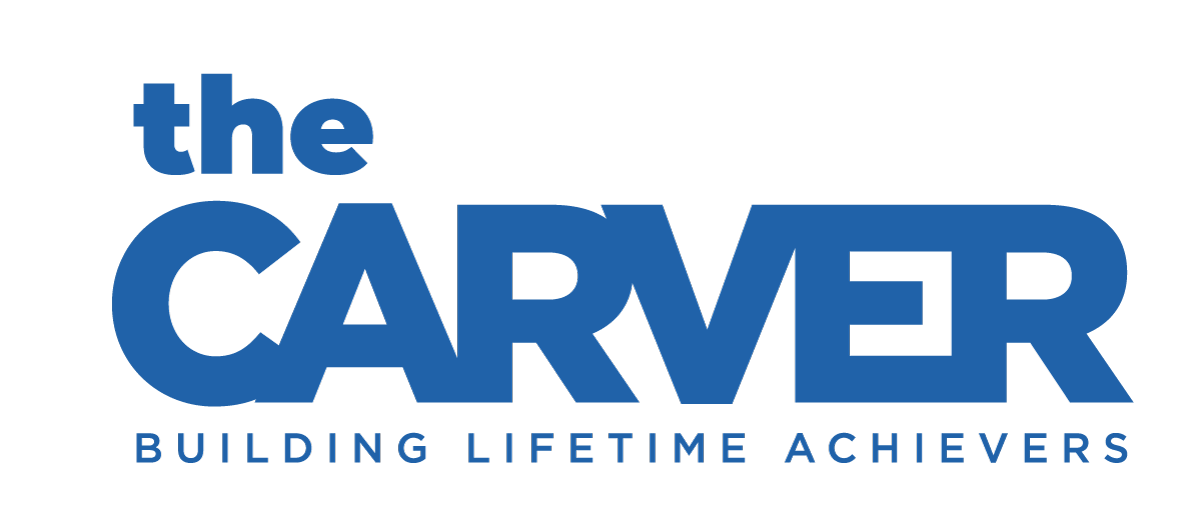Student Loan Consumer Rights
We try to help our students avoid student loan debt. Even though Carver offers college scholarship support, we know that is not enough. Most college students take out student loans. About 65% of graduates in 2019 had borrowed student loans, according to U.S. News data. But not all terms and conditions for student loans are the same, and borrowers should consider the various types of loans available.
We want all our students and families to understand the rights and benefits you can access whether you borrowed private or federal student loans. Federal student loans typically offer better terms and consumer protections than private loans.
Your Rights
A number of federal laws govern what rights you have as a student loan borrower and what rules lenders must follow, including the Truth in Lending Act, the Equal Credit Opportunity Act, the Fair Credit Reporting Act, the Federal Trade Commission Act, and the Consumer Financial Protection Act. These laws together provide a number of protections for all consumers, including student loan borrowers.
College graduates can choose from eight student loan repayment options, including income-driven plans, to tackle their debt.
Borrowers of federal student loans can also get shorter-term relief with forbearance or deferment, which pauses loan payments for a time. While it's best not to use these options for a lengthy period, as interest can continue to accrue, they are key safety nets to keep in mind if you're struggling financially.
Private student loans offer fewer repayment options than federal loans, and most private lenders do not offer a grace period before repayment begins or income-driven repayment plans.
There are certain situations where your loans may be eligible to be forgiven under the Public Service Loan Forgiveness program. There is also a federal program called "borrower defense to loan repayment forgiveness" – more commonly known as borrower defense – that offers students partial or full relief from federal student loans. A claim for that can be filed at StudentAid.gov.
Help in Resolving Issues
If you're having any type of issue with a federal student loan that you can't resolve by yourself or with the help of your servicer, you have a number of options for resolving the dispute, including contacting a student loan ombudsman. That person's job is to listen to your complaint, conduct research, and help you identify options for resolution.
You can also reach out to consumer advocacy organizations that work on behalf of student loan borrowers, such as the National Consumer Law Center's Student Loan Borrower Assistance Project or Harvard Law School's Project on Predatory Student Lending.
Remember that you can also contact your state and federal elected officials, who may be able to help you resolve your concerns.


